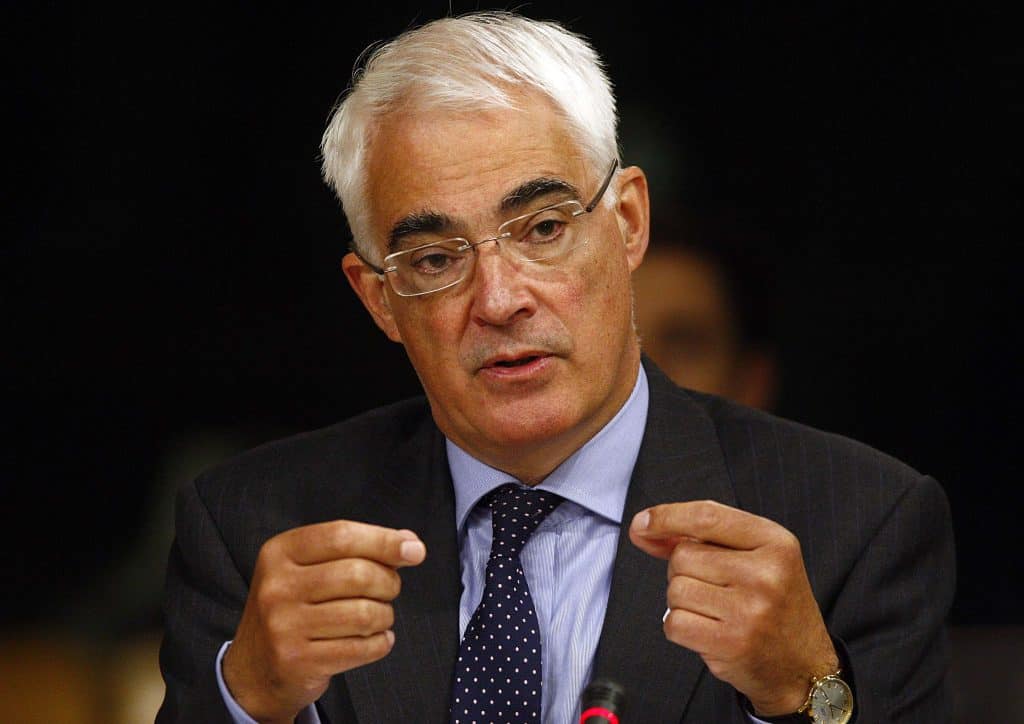
Scotland votes no for independence
pharmafile | September 19, 2014 | News story | Medical Communications, Research and Development, Sales and Marketing | NHS, Scotland
The United Kingdom remains united today as Scotland narrowly voted against breaking up the 307-year-old union.
The ‘No, Better Together’ campaign grabbed 55% of the vote whilst the ‘Yes’ movement for Scottish independence just fell short with 45 per cent.
More than 84% of Scotland’s 5.3 million-strong population took to the polls in an historic turnout yesterday, a much higher percentage than most general elections across the UK.
And in the end it was women who saved the union as in the polls, men were much more decisively in favour of the ‘Yes’ vote, with the country’s largest city Glasgow also opting for independence.
But showing just how close the vote was, the country’s second largest city Edinburgh went against a break-up.
The popularity of the ‘Yes’ and ‘No’ campaigns swung dramatically in the final month leading up to the vote, and towards the end the focus of the referendum become primarily about the NHS in Scotland.
Scotland has been able to take operational control of its health services since devolution in 1999, and has already used these powers to re-organise the structure of its NHS in 2004. But Whitehall can still decide to cut the funding for Scotland’s NHS, and it is this fear that was played out in the final weeks leading up to the vote.
The left-leaning ruling Scottish National Party (SNP) had argued that only an independent Scotland could be free from the threat of cuts to its healthcare budget in the future.
But politicians from Westminster, including the opposition Labour party leader David Miliband, warned at a rally in Glasgow in September that NHS Scotland would face a £1 billion cut in funding if the country voted for independence.
Confidential papers passed to the BBC and The Herald newspaper from an NHS whistle-blower also suggest that a radical cost-saving plan worth around £400 million would have to have been implemented in the Scottish NHS after the referendum, should it have voted for independence.
The SNP quickly snapped back, stating that this was nothing more than ‘scaremongering’ and has said throughout its campaign that it was committed to “protecting and increasing the NHS budget”.
But doctors’ bodies, including the British Medical Association (which has been officially neutral on its stance on the independence question), has been asking questions about just how NHS Scotland would be funded without English taxpayers.
The BMA’s Scottish branch also pointed out that Scottish institutions currently receive nearly 15% of UK research council funding, compared with Scotland’s 8.4% of the UK population.
The new minister for UK life sciences, George Freeman, also became heavily involved in the debate, warning in the week before the vote that independence from England “would damage Scotland’s edge in biomedicine”.
Existing funding arrangements for research in the UK would also not have continued for an independent Scotland, which would hamper scientific collaboration with the rest of the UK, according to Freeman.
In reality whether Scotland voted yes or no there was always going to major change on the cards, as with the no vote, the coalition government in Westminster has already promised a series of major reforms that will give the Scottish Parliament more powers. How this will affect both its NHS and life sciences remains to be seen.
NHS Scotland in fact has a more generous funding stream than the rest of the UK, with free prescriptions (where it now costs more than £8 south of the border) and £203 more spent per person on its NHS than England’s.
But life expectancy in Scotland is 2.7 years lower for men and 2.2 years lower for women than the national average.
Health think-tanks believe the main reason for this is poverty, which remains a major problem across the country. It will be this economic question that will need to be answered by politicans on both sides of the border in the coming years if the country’s public health is to improve.
Industry reacts
Following this outcome ABPI Scotland says in a statement that it is looking forward to working with all stakeholders to ensure that patients in Scotland get greater, more rapid access to new medicines and the research and business environment supports the growth of the critical medicines sector.
Andrew Powrie-Smith, Director of ABPI Scotland, says: “The pharmaceutical sector in Scotland is already the single largest contributor to Scottish industrial R&D, and is the largest of all Scotland’s life sciences sectors. It is a unique industry that researches and develops cutting-edge, life-saving medicines while at the same time making such a valuable contribution to the economy. Given the right commercial environment, the sector can continue to be at the cutting edge of Scotland’s science-based economy.
“ABPI will continue to work with all stakeholders to ensure that Scotland has the best possible business and research environment as well as access to the latest, most innovative medicines for Scottish patients.”
The British pound and shares have also gained this morning as fears ease over any break up, which could have had far-reaching consequences for businesses across the UK.
Ben Adams
Related Content

NICE recommends migraine treatment for NHS use
The National Institute for Health and Care Excellence (NICE) has shared draft guidance recommending AbbVie’s …

Novo Nordisk launches Wegovy in the UK
Novo Nordisk has today announced that Wegovy (semaglutide injection) is now available in the UK …

Bristol Myers Squibb’s Sotyktu recommended for NHS use for adult patients with psoriasis
Bristol Myers Squibb (BMS) has announced that the National Institute for Health and Care Excellence …








